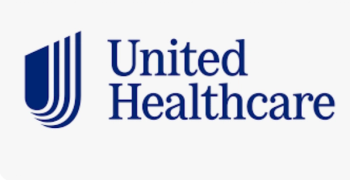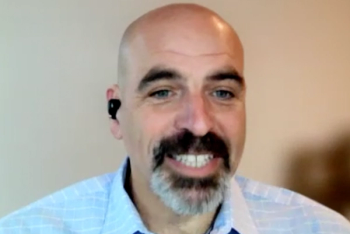
Unum report finds cost-sharing and voluntary benefit spending are up as employers and employees react to ACA
Group cost sharing in the workplace is gaining in popularity as employers seek to contain costs, according to a new report by Unum, a leading provider of financial protection products.
Group cost sharing in the workplace is gaining in popularity as employers seek to contain costs,
Internal sales analysis data of Unum’s products reveals that 100% employer-paid healthcare dropped from almost 70% in 2003 to 50% in 2013, while shared costs rose from almost 20% to almost 30%.
The report looked at industry and Unum data to create a framework for understanding current challenges in the healthcare market.
Voluntary benefit spending is up in the past few years, according to Unum, as employees seek to safeguard themselves from loss of income and healthcare coverage gaps.
At the same time, employers remain skeptical about their ability to continue offering healthcare coverage. While 95% of companies expect to retain employer-subsidized healthcare coverage, only 25% think they’ll still offer employee health insurance in 10 years.
The report notes 60% of employers say their companies will have to pay the upcoming excise tax, also known as the “Cadillac tax”, on their healthcare plans unless changes are made. That number is in line with a
The excise tax was developed to offset tax losses resulting from the Employer-Sponsored Insurance Tax Subsidy. The subsidy, in place since World War II, allows healthcare costs to be excluded from employees’ taxable income,
In 2007, the Center says it reduced federal tax collections by $246 billion in income taxes and $101 billion in payroll taxes. Critics of the tax say its poorly aligned, favoring the highest earners, and also encourages excessive spending by allowing employers to choose plans that cost more.
The ACA aims to reverse the subsidy’s loss by imposing a penalty on employer plans that cost more than $10,200 per year per individual, or $27,500 per family. The 40% applies to the actual dollar amount that the plan exceeds the cap.
The Congressional Budget Office (
Newsletter
Get the latest industry news, event updates, and more from Managed healthcare Executive.























